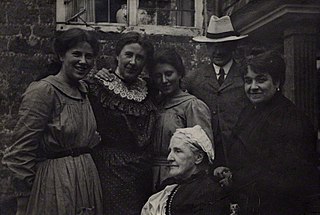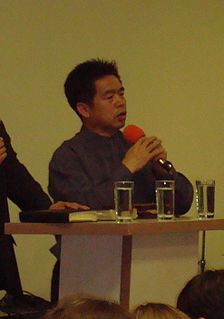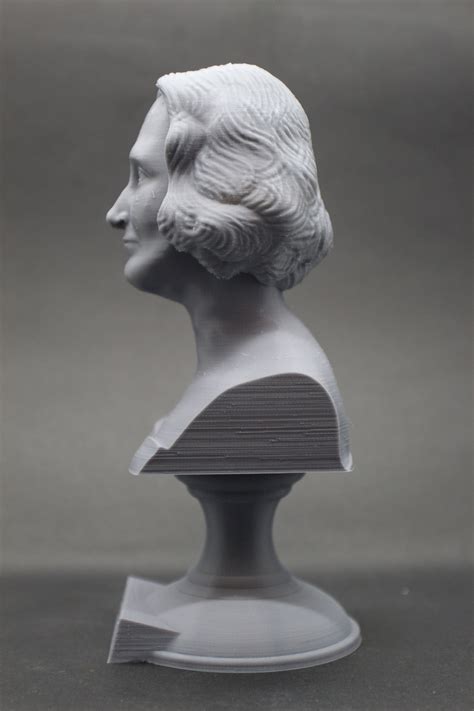A Quote by Erich Fromm
Even if man's hunger and thirst and his sexual strivings are completely satisfied, 'he' is not satisfied. In contrast to the animal his most compelling problems are not solved then, they only begin. He strives for power or for love, or for destruction, he risks his life for religious, for political, for humanistic ideals, and these strivings are what constitutes and characterizes the peculiarity of human life.
Related Quotes
Man is at his furthest remove from the animal as a child, his intellect most human. With his fifteenth year and puberty he comes astep closer to the animal; with the sense of possessions of his thirties (the median line between laziness and greediness), still another step. In his sixtieth year of life he frequently loses his modesty as well, then the septuagenarian steps up to us as a completely unmasked beast: one need only look at the eyes and the teeth.
When I was a fairly precocious young man I became thoroughly impressed with the futility of the hopes and strivings that chase most men restlessly through life. Moreover, I soon discovered the cruelty of that chase, which in those years was much more carefully covered up by hypocrisy and glittering words than is the case today. By the mere existence of his stomach everyone was condemned to participate in that chase. The stomach might well be satisfied by such participation, but not man insofar as he is a thinking and feeling being.
Man is a Religious Animal. He is the only Religious Animal. He is the only animal that has the True Religion--several of them. He is the only animal that loves his neighbor as himself and cuts his throat if his theology isn't straight. He has made a graveyard of the globe in trying his honest best to smooth his brother's path to happiness and heaven....The higher animals have no religion. And we are told that they are going to be left out in the Hereafter. I wonder why? It seems questionable taste.
Farmers everywhere provide bread for all humanity, but it is Christ alone who is the bread of life...Even if all the physical hunger of the world were satisfied, even if everyone who is hungry were fed by his or her own labor or by the generosity of others, the deepest hunger of man would still exist...Therefore, I say, Come, all of you, to Christ. He is the bread of life. Come to Christ and you will never be hungry again.
Leonard [Nimoy] was such a teacher for me. He was one of the most fully realized human beings I have ever known on every level - in his personal life with his personal relationships and his love for his wife and his evolution with his family. Then as an artist, as an actor, as a writer, as a poet, and as a photographer. He never stopped.
[Man] is the only animal who lives outside of himself, whose drive is in external things—property, houses, money, concepts of power. He lives in his cities and his factories, in his business and job and art. But having projected himself into these external complexities, he is them. His house, his automobile are a part of him and a large part of him. This is beautifully demonstrated by a thing doctors know—that when a man loses his possessions a very common result is sexual impotence.





































